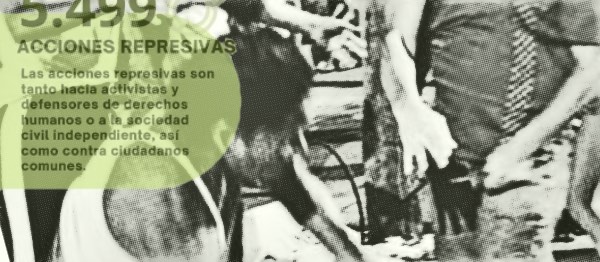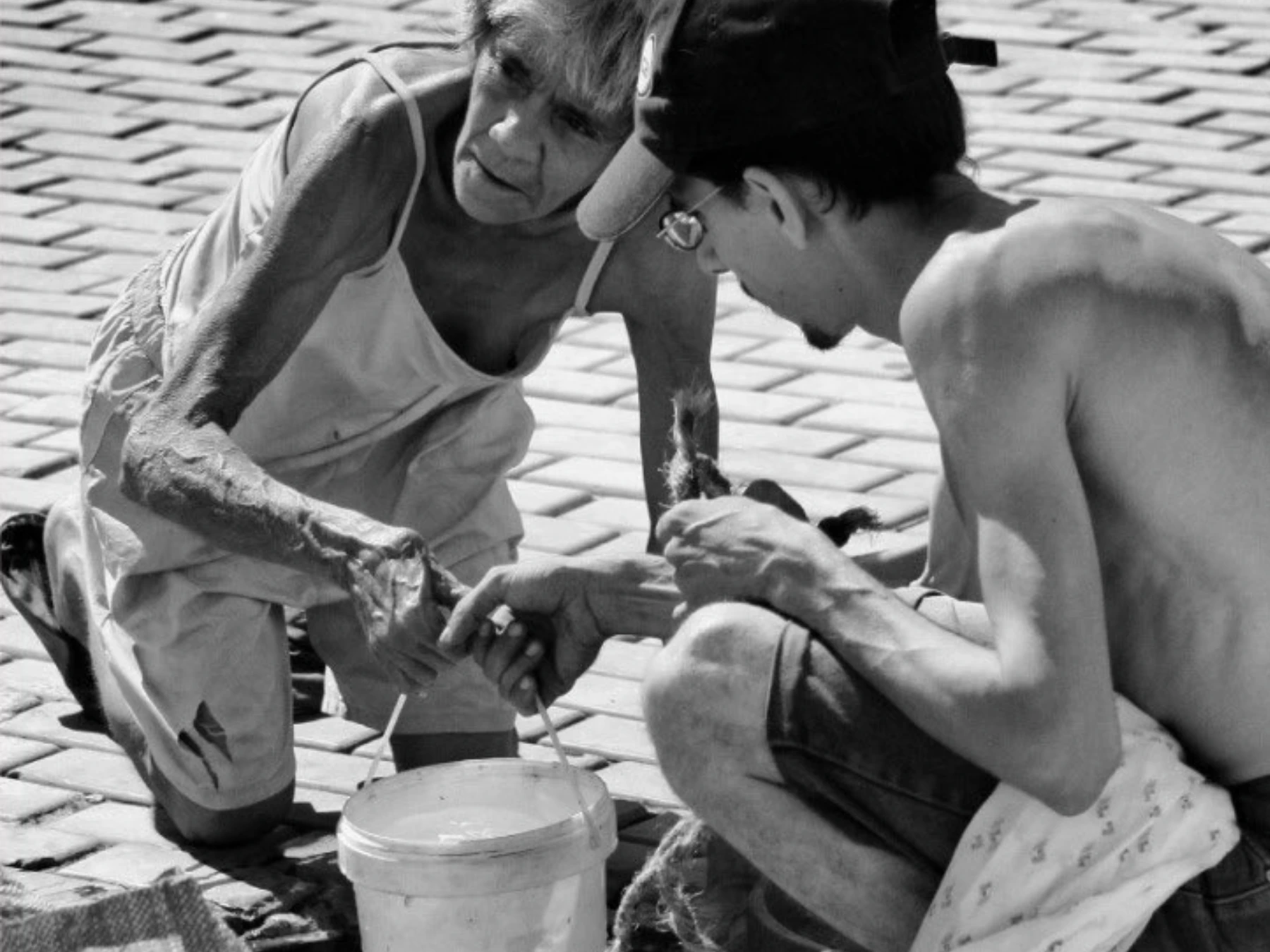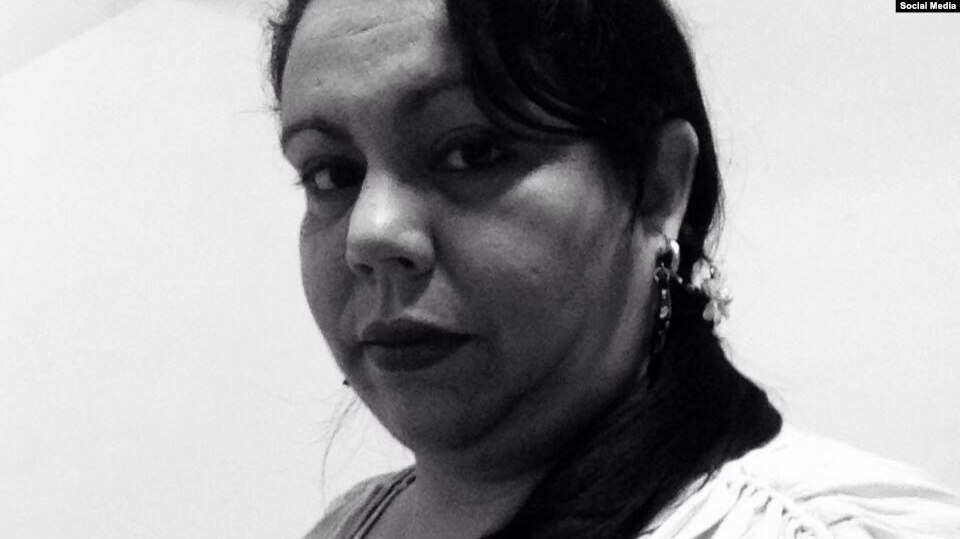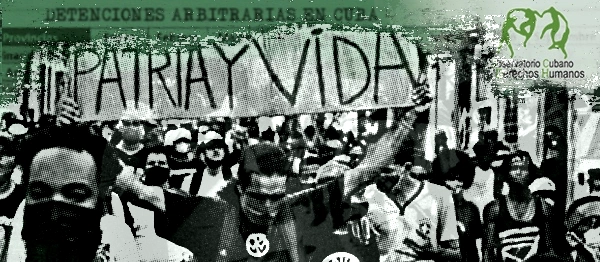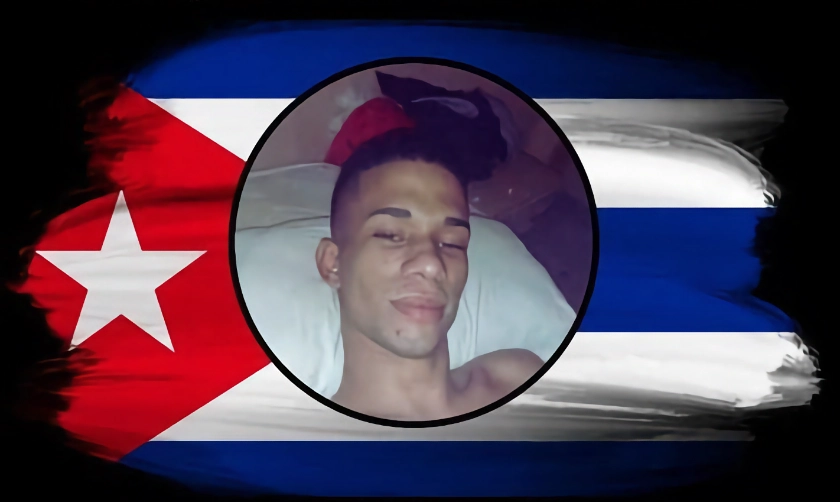Madrid, 19 de enero de 2023
La situación de los derechos humanos en Cuba continúa siendo de extrema gravedad y empeora en la medida que se profundiza la crisis general del régimen cubano y la falta de voluntad política de las autoridades para realizar los cambios que el país necesita, afirma el Informe Anual 2022 del Observatorio Cubano de Derechos Humanos (OCDH).
 “Es difícil encontrar un ámbito del ejercicio de los derechos que escape a la crisis. La represión se mantiene en niveles preocupantes, dotándose el Estado de nuevos mecanismos legales para impedir o castigar cualquier expresión de descontento ciudadano”, recoge el documento, dado a conocer este jueves.
“Es difícil encontrar un ámbito del ejercicio de los derechos que escape a la crisis. La represión se mantiene en niveles preocupantes, dotándose el Estado de nuevos mecanismos legales para impedir o castigar cualquier expresión de descontento ciudadano”, recoge el documento, dado a conocer este jueves.
El OCDH observó en 2022 la consolidación de patrones como la represión más allá de la oposición y sociedad civil, que ha mantenido su escalada hacia sectores de la población no vinculados tradicionalmente a la oposición política. Esta tendencia se manifestó visiblemente en la represión desatada contra los manifestantes del 11 y 12 de julio de 2021, y en 2022 contra manifestaciones en varias zonas del país.
Durante el año que recién concluyó, el OCDH documentó más de 5.499 acciones represivas.
Otro patrón predominante fue el encarcelamiento o exilio forzoso de activistas y opositores. Se mantuvieron presos destacados activistas políticos y miembros de la sociedad civil y, los que no estaban en prisión, sufrieron citaciones policiales, amenazas y retenciones en sus casas, de manera constante, con el fin de que desistieran de sus labores como activistas o periodistas, o que se fueran del país, tal y como ocurrió con al menos 53 de ellos.
El año pasado también se consolidó la tendencia de retener o sitiar a los activistas y opositores en sus domicilios, de manera ilegal, para impedir el ejercicio de sus actividades y derechos. Se documentaron al menos 1.447 retenciones de activistas, opositores o familiares de presos en sus viviendas.
En 2022, el OCDH documentó al menos 1.354 detenciones arbitrarias, de ellas 832 correspondieron a mujeres, la cifra más alta desde 2018.
Se documentaron además más de 697 acciones represivas contra periodistas independientes, destacando las amenazas, vigilancia, las citaciones y las restricciones de datos móviles y telefonía.
Cuba terminó 2022 con al menos 976 presos políticos o de conciencia, la mayoría relacionados con las manifestaciones del 11 y 12 de julio de 2021 y protestas posteriores.
El gobierno cubano continúa sin dar acceso a organismos internacionales para que verifiquen el estado del sistema carcelario, integrado por al menos 293 centros, con la población penitenciaria per cápita más alta de América Latina, según la Comisión Interamericana de Derechos Humanos (CIDH).
Tampoco los derechos sociales han escapado del creciente deterioro en Cuba. De acuerdo con el Quinto Informe sobre el Estado de los Derechos Sociales, del OCDH, más del 72% de los cubanos vive en la extrema pobreza, ocho de cada 10 cubanos no consiguen medicamentos en las farmacias, al tiempo que aumenta la percepción del régimen como problema y su creciente impopularidad, especialmente entre los jóvenes.
Acciones concretas
En este sentido, el Observatorio Cubano de Derechos Humanos recomienda en su informe anual a gobiernos, instituciones y organizaciones internacionales “redoblar sus esfuerzos en apoyo a los activistas cívicos, a la sociedad civil independiente, y la asistencia a personas excluidas por el ejercicio de sus derechos humanos, entre ellos, los presos políticos y de conciencia y sus familiares”.
Asimismo, pide que los instrumentos de cooperación con la Isla, los ya previstos y cualesquiera que puedan acordarse, entren en vigor de manera escalonada, “condicionando su implementación a avances reales en materia de democracia, derechos humanos y libertades económicas en Cuba”.
Para el OCDH, es importante que en cualquier agenda de diálogo bilateral con las autoridades cubanas se exija la eliminación del nuevo Código Penal, la criminalización del ejercicio de los derechos humanos y de la pena de muerte.
Solicita además la constitución de un grupo de seguimiento a la situación de los derechos humanos en Cuba, formado por Estados Unidos, la Unión Europea, la oficina del Alto Comisionado para los Derechos Humanos de la ONU y la Comisión Interamericana de Derechos Humanos, y que éste grupo escuche a la sociedad civil independiente.
Por último, recomienda “sancionar o continuar sancionando, individualmente, a los violadores de derechos humanos, bajo los principios de las leyes Magnitsky y otros programas de rendición de cuentas de Estados Unidos, la Unión Europea, Canadá, Australia, Reino Unido y otros países”.
El informe íntegro podrá consultarse en la web del OCDH: https://observacuba.org, a partir del jueves 26 de enero.
The human rights situation in Cuba continues to be extremely serious, affirms the OCDH in its 2022 Annual Report
Madrid, January 19, 2023
The human rights situation in Cuba continues to be extremely serious, as the general crisis of the Cuban regime worsens and the lack of political will deepens on the part of the authorities to carry out the changes the country needs, affirms the 2022 Annual Report of the Cuban Observatory of Human Rights (OCDH).
“It is difficult to identify a scenario where the exercise of basic rights overcomes the current crisis. Repression remains at alarmingly high levels, while the government devises new legal tools to suppress or penalize any expression of citizen unhappiness,” said the report made public on Thursday.
 The OCDH observed in 2022 the consolidation of patterns such as the repression that is reaching beyond the opposition and civil society, and has continued to escalate towards sectors of the population not traditionally linked to political or civil activism. This trend was visibly evident in the repression unleashed against protesters on July 11 and 12, 2021, and in 2022 in various areas of the country.
The OCDH observed in 2022 the consolidation of patterns such as the repression that is reaching beyond the opposition and civil society, and has continued to escalate towards sectors of the population not traditionally linked to political or civil activism. This trend was visibly evident in the repression unleashed against protesters on July 11 and 12, 2021, and in 2022 in various areas of the country.
During the year that just ended, the OCDH documented more than 5,499 repressive actions.
Another prevailing pattern was the imprisonment or forced exile of activists and opponents. Prominent political activists and members of civil society remained imprisoned, and those who were not in prison suffered constant police summons, threats, and detentions in their homes, in order to make them give up their work as activists or journalists, or force them to leave the country, as it happened with at least 53 of them.
Last year, it also became more common to forcibly confine or besiege activists and opponents inside of their residences in order to restrict their ability to exercise their rights and engage in their activities. At least 1,447 detentions of activists, opponents, or relatives of prisoners in their homes were documented.
In 2022, the OCDH documented at least 1,354 arbitrary detentions, of which 832 corresponded to women, the highest number since 2018.
In addition, more than 697 repressive actions against independent journalists were documented, highlighting the threats, surveillance, subpoenas, and restrictions on mobile data and telephony.
Cuba had at least 976 political prisoners or prisoners of conscience at the end of 2022. The majority were connected to the events of July 11 and 12, 2021, and others were involved in various disturbances that followed.
The Cuban government continues to deny international organizations access to verify the state of the prisons’ system, which is made up of at least 293 centers, and has the highest per capita prison population in Latin America, according to the Inter-American Commission on Human Rights (IACHR).
Nor have social rights escaped the growing deterioration in Cuba. According to the OCDH’s Fifth Report on the State of Social Rights, more than 72% of Cubans live in extreme poverty, and eight out of 10 Cubans cannot get medicines in pharmacies (they must barter them in the black market). Cubans increasingly perceive the regime as their main problem, and its unpopularity is growing, especially among young people.
Concrete actions
In this sense, the Cuban Observatory for Human Rights (OCDH) recommends in its annual report to governments, institutions, and international organizations “to redouble their efforts in support of civic activists, independent civil society, and in their assistance to people excluded due to the attempted exercise of their human rights, including political prisoners, prisoners of conscience, and their families.”
Likewise, it requests that the cooperation instruments with the island, both those already planned and any that may be agreed upon, enter into force in a phased manner, “conditioning their implementation to real advances in terms of democracy, human rights, and economic freedoms in Cuba.”
For the OCDH, it is crucial that repealing the death penalty and the new Penal Code, and decriminalizing the exercise of human rights be included in any bilateral dialogue agenda with the Cuban authorities.
It also requests the formation of a group comprised of the United States, the European Union, the United Nations High Commissioner for Human Rights, and the Inter-American Commission on Human Rights to monitor the situation of human rights in Cuba, with the expectation that this group will listen to spokesmen and women belonging to the independent civil society.
Lastly, it recommends “sanctioning or continuing to punish, individually, human rights violators, under the principles of the Magnitsky laws and other accountability programs in the United States, the European Union, Canada, Australia, the United Kingdom, and other relevant countries.”
The full report will be available on our website: https://observacuba.org as of Thursday, January 26.

